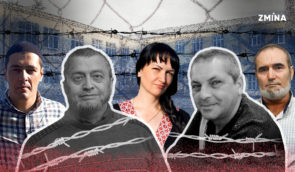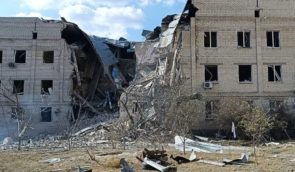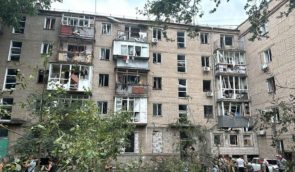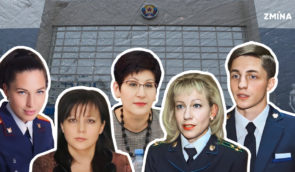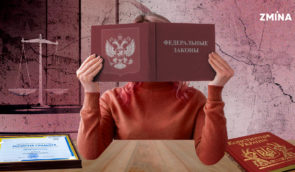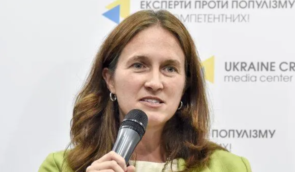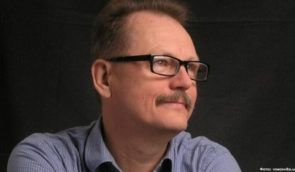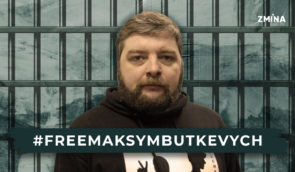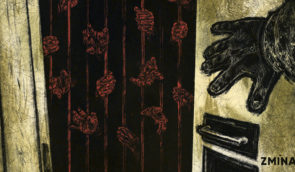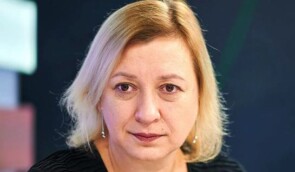Key Russian drone manufacturer of “Orlan-10” UAVs maintains production despite sanctions: leaked documents
The Russian manufacturer of “Orlan-10” reconnaissance drones maintains production despite sanctions and dependence.
The volunteer community Inform Napalm analyzed documents leaked by hackers from the Ukrainian group Cyber Resistance at the end of 2023.

Volunteers, using one drone model as a sample, have noted that the products of the Russian Special Technological Center LLC (“STC”) are almost entirely made from imported electronics.
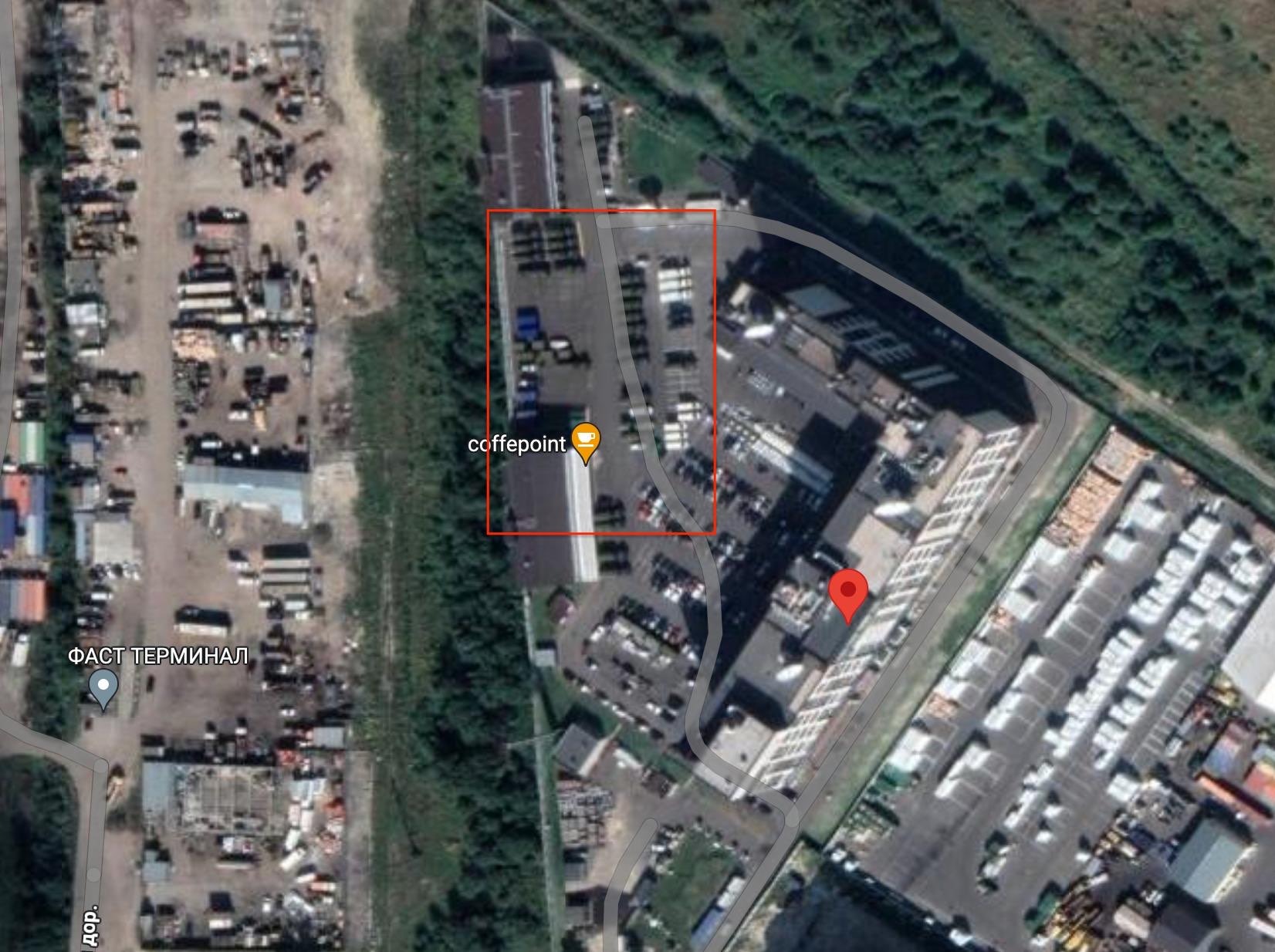 STC production facilities are located at: 150 Piskarevsky street, building 5, St. Petersburg, Russia. Satellite images show military vehicles in the parking lot of this building.
STC production facilities are located at: 150 Piskarevsky street, building 5, St. Petersburg, Russia. Satellite images show military vehicles in the parking lot of this building.According to the leaked documents, the propellers and engines of Orlan-10 are produced by the Chinese company T-Motor. The flight controllers and GPS modules are produced by the Chinese manufacturer Radiolink Electronic Limited. Laptops are from Lenovo and cameras are from Sony.
These components and spare parts enter Russia without any difficulties, according to Inform Napalm. The Russians are focusing their procuring effort on Chinese products. China is reported to have been discreetly assisting the Russians in their war effort. However, the retrieved documents reflecting STC’s orders clearly show that the company also imports components, parts and equipment made in the USA, Germany, Spain, Austria, Great Britain, Switzerland, and other countries.
The supply method follows a parallel imports scheme, a primitive but reliable way to circumvent sanctions much-loved by Russian. The chain looks like this:
- Manufacturing company in the USA, Asia, Europe;
- Distributor (usually in the production country);
- Intermediary front company (mainly companies from China, but also from Türkiye, UAE, Serbia, etc.);
- Russian supplier company;
- Russian military-industrial complex factory (in our case, STC).
Analysis of the STC documents allowed us to track a number of Russian private legal entities that continued to import various equipment for STC during 2022 and 2023.
A commercial offer from PT Electronic LLC, dated March 2023, contained equipment manufactured by Rohde & Schwarz GmbH. The German company specializes in the production of radio electronics and is headquartered in Munich, with divisions in Singapore and the USA.
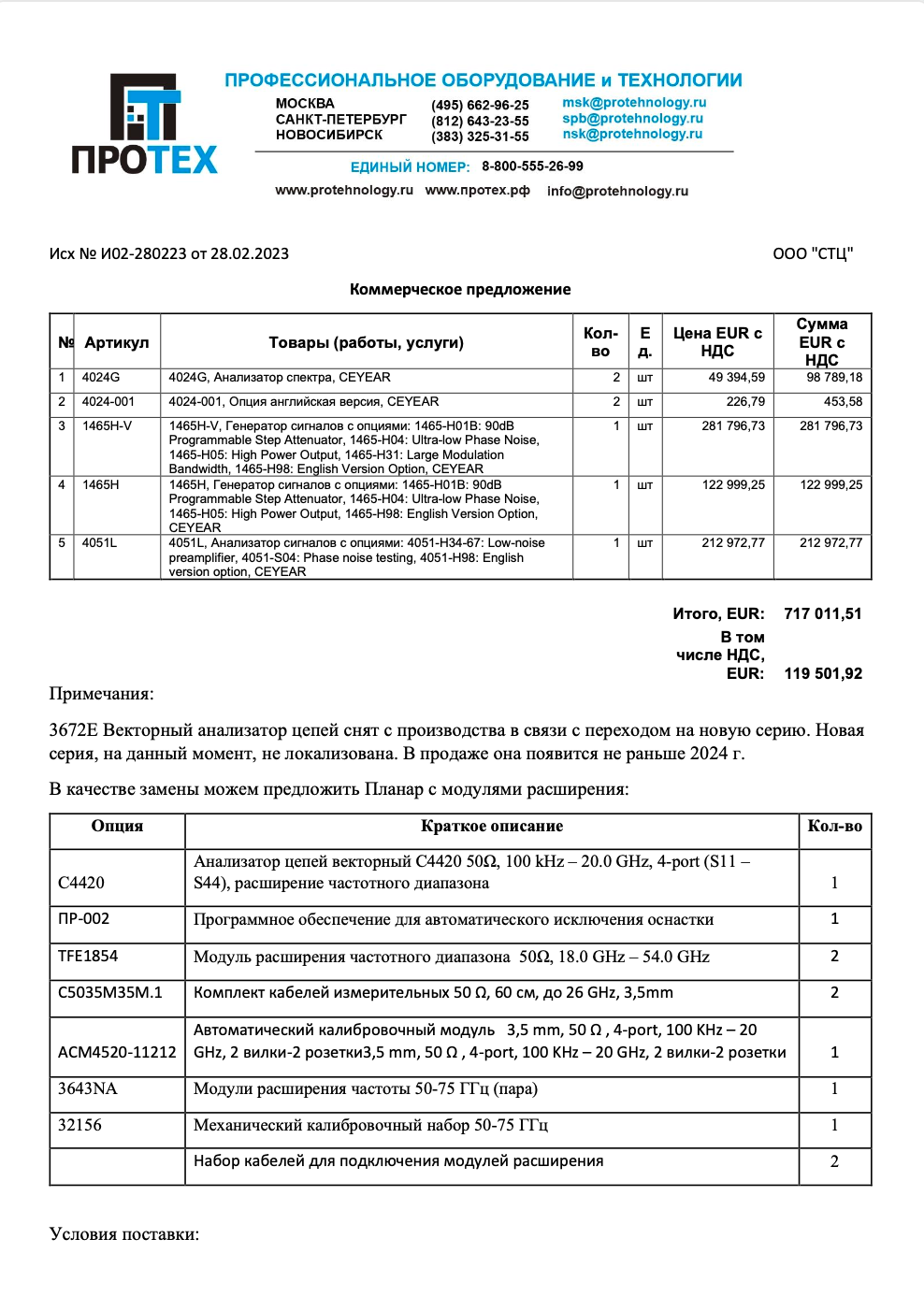
Without spectrum analyzers, it is impossible to assemble RB-341V electronic warfare systems. Therefore, Russians purchase these items in surplus to maintain an adequate supply.
A large amount of equipment, electronics, and components are specifically ordered from Chinese producers such as Ceyear.
From the documentation received, it is apparent that the Russians are especially interested in CMOS sensors produced by the Chinese company Gpixel.
According to the company’s website, “GMAX is Gpixel’s global shutter sensor family, designed to take full advantage of high-speed industrial camera interfaces while providing the performance and features required for imaging-as-measurement applications like factory inspection, automation, traffic monitoring and aerial mapping.” That is, these sensors are excellent for aerial photography and mapping from Orlans.
The Cyber Resistance group gained access to the email of a Gpixel representative in the Russian Federation and uncovered the correspondence with STC. The context of the letters suggests that Gpixel has official partners, maintaining a steady supply of Chinese components to the Russian military-industrial complex.
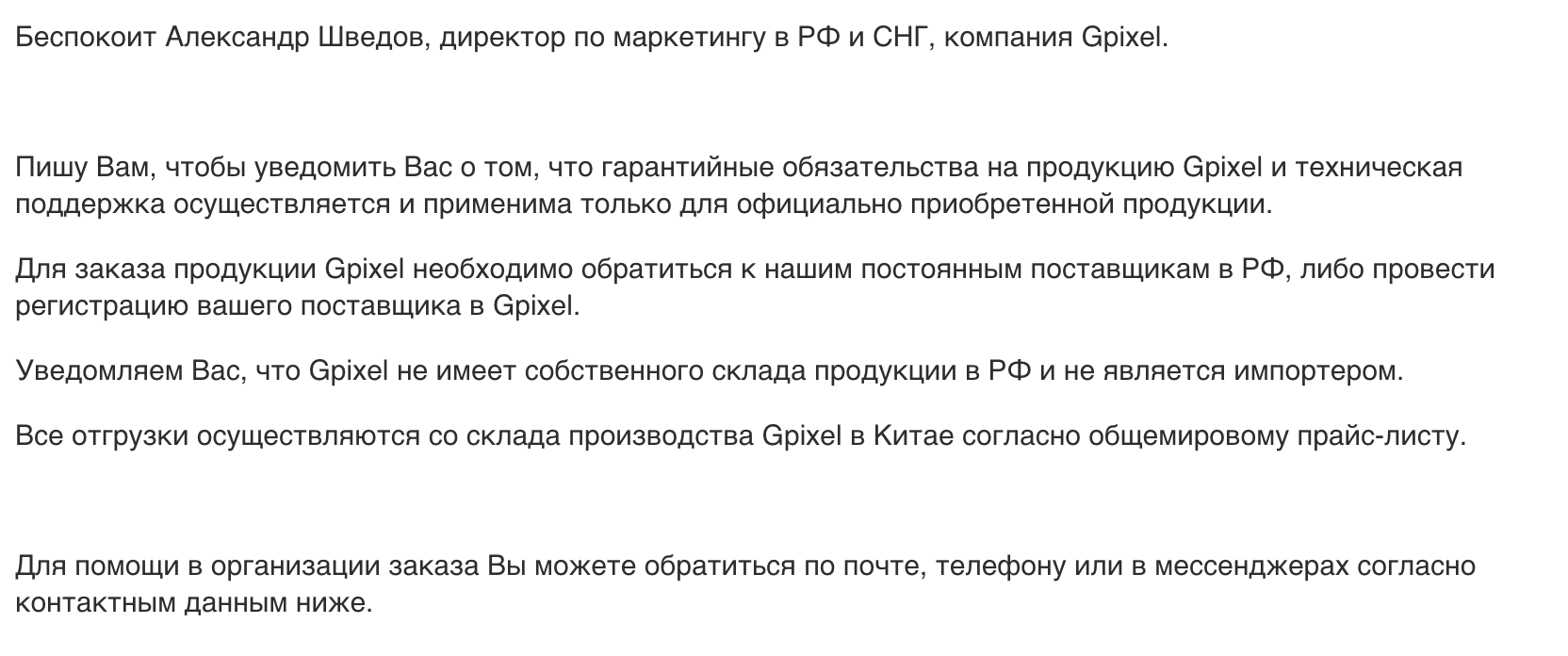
“All these documents prove that, albeit through roundabout routes and with considerable delays, Western components nevertheless reach Russia. Sooner or later, they end up in the weapons used to wage aggressive, unlawful and unjust war unleashed by the Russian Federation. Can this be stopped? Definitely. Through publicity, increased sanctions pressure and tighter controls over the supply of dual-use goods to Russia,” Inform Napalm’s community concluded in its investigation.
ZMINA has sent information requests to the Ministry of Foreign Affairs of China and those companies who support Russia with their sales in its war against Ukrainian people, asking them to respond to Inform Napalm’s investigation.
By way of background, the analysis in the report of the Kyiv School of Economics (“KSE”) and the Yermak-McFaul International Working Group shows that, while export controls have had some effect on trade flows, Russia continues to be able to import large amounts of goods needed for military production. Since the imposition of restrictions, supply chains have adapted and most of the items in question now reach Russia via intermediaries in third countries, including China. In total, 44% of all electronic components imported by Russia for the production of weapons are developed by Western companies.
The authors of the report also concluded that export controls remain a powerful instrument. Russia has not been able to find substitutes for many products from coalition countries, in particular advanced electronics, as the continued involvement of these producers shows. This means that fundamentally, the potential of export controls to significantly curtail Russia’s ability to wage its war of aggression on Ukraine remains intact. However, major changes to the current enforcement approach are needed to improve their effectiveness.
Experts recommend bolstering corporate responsibility. Improved export controls enforcement will ultimately not be possible without buy-in from the private sector, especially coalition-based producers of goods needed for Russia’s military industry. Any effective control of the supply chain has to begin with the initial sale of an item to a distributor, as it becomes increasingly complicated to trace its physical whereabouts and impede any illicit activities post-sale. The authors of the document believe that it is important to create incentives for corporations to set up compliance procedures. Enforcement agencies must demonstrate a willingness and ability to investigate the trade of controlled goods and impose meaningful fines in the case of export control violations.
Moreover, they suggest closing export control policy gaps. Significant inconsistencies continue to exist within the Russia export controls regime, which hinder effective enforcement and allow for circumvention. Licensing procedures and criminalization of sanction violations need to be harmonized across coalition jurisdictions. As many of the goods in question are produced on behalf of coalition-based companies in third countries, it is also critical to ensure that export controls in all jurisdictions apply extraterritorially the way U.S. ones do under the Foreign Direct Product Rule: US Regulation 15 CFR 734.9.
The report’s authors recommend targeting third-country circumvention. Coalition authorities need to address the role of third-country intermediaries in export control circumvention schemes, including those in China, Türkiye, and the UAE. They can do so by imposing sanctions on entities that have been found to facilitate export control violations involving any companies or individuals from coalition countries. Should this turn out to be insufficient to inhibit illicit trade, authorities should consider broader steps such as quotas or bans with regard to specific goods and specific countries. Any coercive measures should be accompanied by outreach to public and private sectors in key third countries, it is concluded in the recommendations.
In addition, KSE and the Yermak-McFaul International Working Group suggest strengthening institutions and cooperation. Enforcement agencies in sanction coalition countries are not adequately equipped to implement and enforce comprehensive export controls such as those imposed on Russia. This includes the United States, where such measures have a longer track record.
The European Union lacks unified enforcement structures altogether, as member states remain responsible for the implementation of restrictions, including those imposed at the EU level. Considering that export controls will be an important part of the economic statecraft toolbox for the foreseeable future, these weaknesses need to be addressed. Better multilateral cooperation is also crucial.
Earlier at the international conference Global Crimea, Anton Korynevych, the ambassador-at-large of Ukraine’s Ministry of Foreign Affairs, called on countries from all continents to join the coalition in order to create a special tribunal for Russia.

